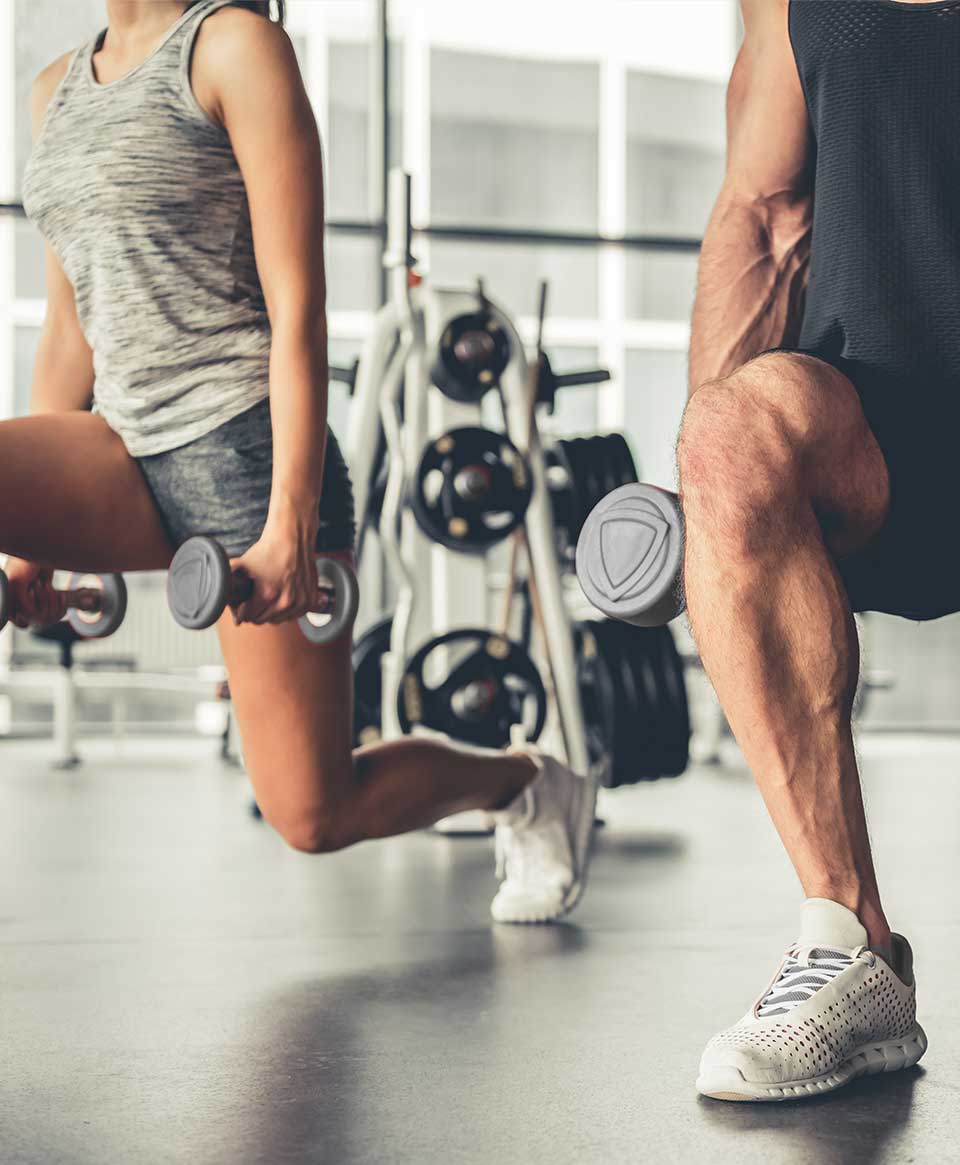Super Bowl L is more like Super Bowl XL for many of us.
According to the Calorie Control Council, the average Super Bowl spectator eats around 1,200 calories worth of snacks on game day. In fact, the amount of eating on Super Bowl Sunday is so extreme that the United States Department of Agriculture has labeled Super Bowl Sunday the second most glutinous day of the year after Thanksgiving.
So what should you do if the day does get the best of you and you eat around half a pizza…and wings…and have two or three beers. This may seem counter intuitive, but severely restricting your food intake afterward is one of the worst things you can do.
Let’s put it in perspective: 1,200 calories is about a third of a pound. It’s definitely a small set back but it doesn’t make much of a difference to your overall health or appearance. Rather than going on a juice cleanse immediately, try just eating more mindfully during every meal over the next few days. Still doubting? Find out all of the reasons why you shouldn’t go into super-restrictive mode after over-eating:
It Screws With Your Metabolism
Restricting your diet too much wreaks havoc on your glucose and insulin levels, both of which are key players when it comes to a smoothly running metabolism. Numerous studies have shown eating irregular meals, like only once a day, impairs your glucose tolerance so you can’t use it as effectively.
It Screw with Your Workouts
No food mean no energy. You can’t work off any calories or get back on the bandwagon if you’re dragging. Plus when you’re tired, you’re less likely to be vigilant about your form and may set yourself up for an injury.
Not Eating Equals Terrible Breath
Here’s a pretty persuasive argument against over-restricting: If your body isn’t getting the carbs it needs for energy, you’ll burn fat. Which may sound great, but if you’re only burning fat you go into this state called ketosis. When your body goes in ketosis, you produce compounds called ketone bodies that cause gross breath. This process happens pretty quickly, too.
You Won’t Be Able to Think Clearly
Brains can’t run on all cylinders without proper nourishment. Your brain uses about 25 percent of your body’s glucose, so if you aren’t getting enough, it’ll be running on fumes. Expect to be tired, crabby and have serious headaches.
It sets you back up for overeating
If you don’t eat, you probably will get so hungry that you won’t be able to control yourself later on. The sneaky thing about this that you may not realize is how easily it can become a cycle.
Picture this: You don’t eat all day long. By the end of the day, your body’s demanding immediate calories rather than the ones you stored from last night. You’ll give in and eat a ton, but the next morning you wake up and aren’t hungry.
Pretty quickly, this effect can end up pushing your entire eating schedule back. To avoid this outcome, have something light in the morning after overeating, even if it’s just a yogurt.


